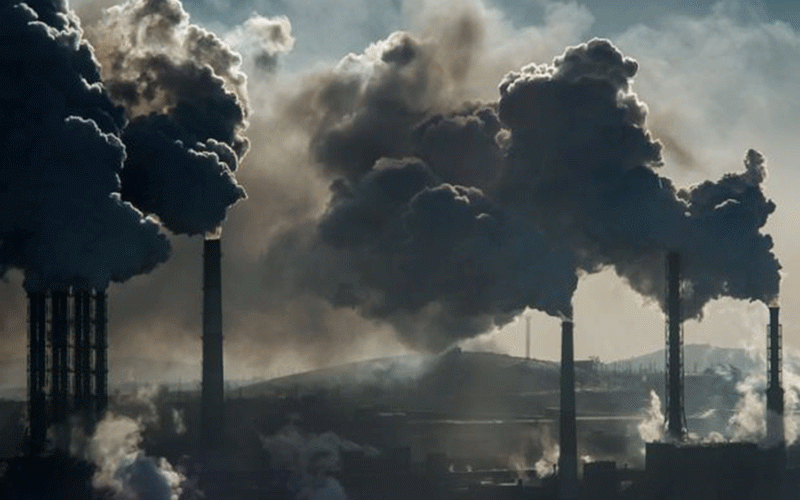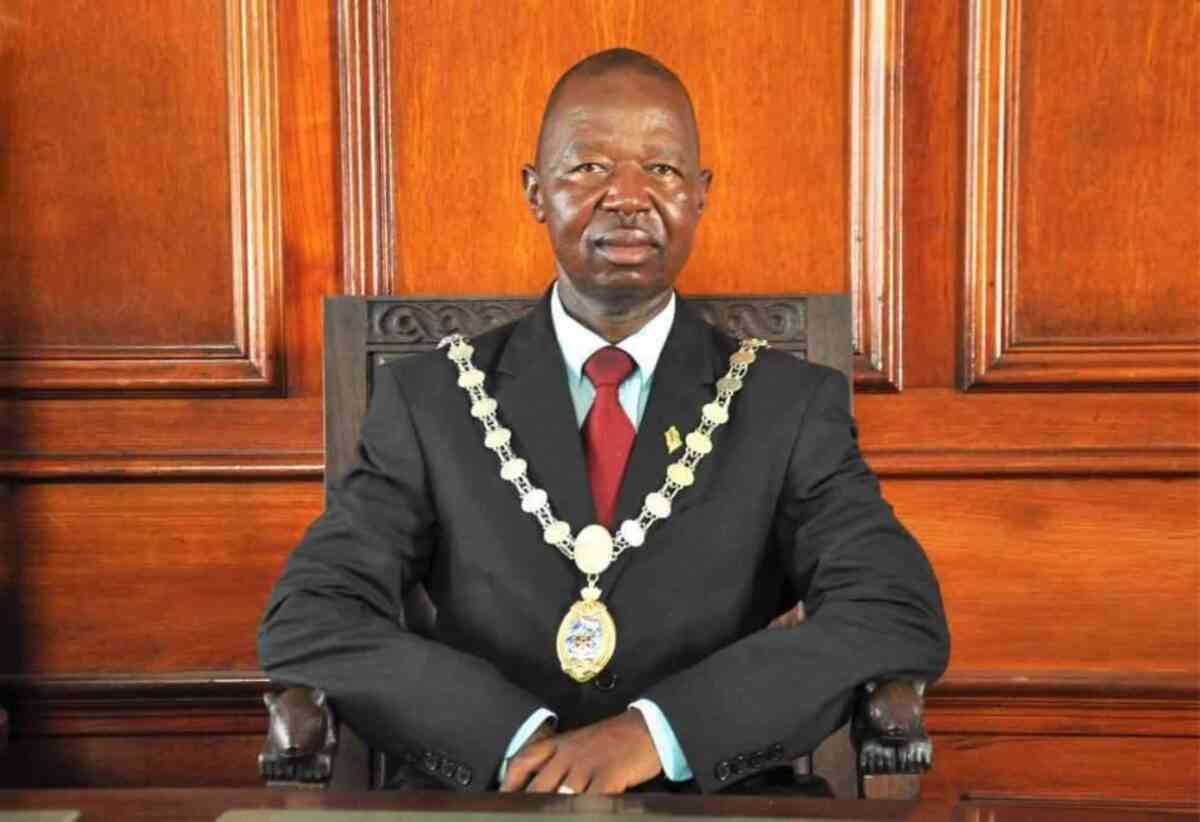
THE sustainable development goals (SDGs) require alignment with climate change in every goal to realise the co-benefits of climate action.
Embedding climate change in every component of SDGs is key to realising the success stories of global climate development. Treating SDGs as an afterthought or in isolation of climate change has contributed to climate fatalities, lack of growth and synergies required to realise climate solutions.
Climate change has impacted on every sector globally. It represents the most existential threat to economic development and environmental sustainability while endangering lives and livelihoods. One of the most problematic issues is for climate action (SDG13) to stand alone yet it is supposed to be factored into every goal. While integration is key in dealing with SDGs to create synergies, sound as this may, this would be an afterthought, a postscript that stakeholders may afford to forget anyway.
SDG13 is not just for climate action not sufficiently contextualised but urgent action to combat climate change and its impacts just as the ambitions enshrined in nationally-determined contributions.
Maybe the United Nations and its stakeholders may need to revisit the issue of SDG13 which is supposed to be applied rather than enforced. After years of failing to realise success in some SDGs while scoring own goals in others, a revision of SDGs may be long overdue hence the formative nature of evaluation may be the tonic required. There has been lots of omissions and insolence from well-resourced global powers trampling on these vital goals.
The overall goal of sustainable development is to protect the natural environment and its people, today and tomorrow but we are not complying. All the 17 SDGs were designed to focus on peace and prosperity for the people, protection of the environment and nature. Adopted in 2015, as the deadline of 2030 fast approaching, with Africa factoring in Agenda 2063, the Africa we want, this is a testimony that something may not be adding up in the SDGs framework.
The world has significantly realised accelerated warming delivering risks to human health, livelihood options, water scarcity, food insecurity, natural disasters, among others.
In this regard, climate change impacts are interlinked and widespread, making it difficult to deal with them separately, even if climate finance were to be disbursed today.
- Genesis of VaShendji term and its exodus
- Genesis of VaShendji term and its exodus
- Figtree earmarked for smart city status
- Africa hit hard by high e-waste pollution
Keep Reading
These climatic threats also have a large bearing on the success of SDGs. That is why climate action is required in every SDG so that stakeholders would not worry about application during implementation. That there is a link between climate action and the other 16 goals is not disputable but as it is, the pillars of mitigation and adaptation which drive the climate discourse may not be highly emphasised.
As the SDGs were crafted through extensive consultations with global countries, institutions and civil society, the same process is still key in transforming the current SDGs.
Some SDGs like 1 (end poverty), 2 (zero hunger), 3 (health and wellbeing), 4 (quality education) and 5 (gender equality) are no longer mere goals but institutions that need to be deconstructed and decolonised. It is important to note how climate change has impacted on all the goals outlined above while hindering their achievement in the process.
SDGs are high sounding phrases, easy to utter but very difficult to implement as individual countries have discretion on how they are implemented.
While the global commitment is there to tackle SDGs sadly will and co-operation remain missing.
When countries commit themselves to act on the goals, they are not at the same level, some have resources while others do not.
Most of the countries involved have chosen to interrogate SDGs individually and in isolation rather than integrated. Some countries sideline experts while choosing politicians to foreground SDGs, leading to the goals being politicised and distorted.
Some developed countries cannot cope with accelerating SDGs because of lack of updated data, mismanaged data and inadequate data tools to move at par with well resourced and data capacitated countries.
Whatever the situation, climate change impacts remain the biggest obstacle in achieving SDGs. Therefore, the presence of climate change in every SDG should enable stakeholders to realise some solutions to inherent climate change impacts.
Peter Makwanya is a climate change communicator. He writes in his personal capacity and can be contacted on: petrovmoyt@gmail.com










